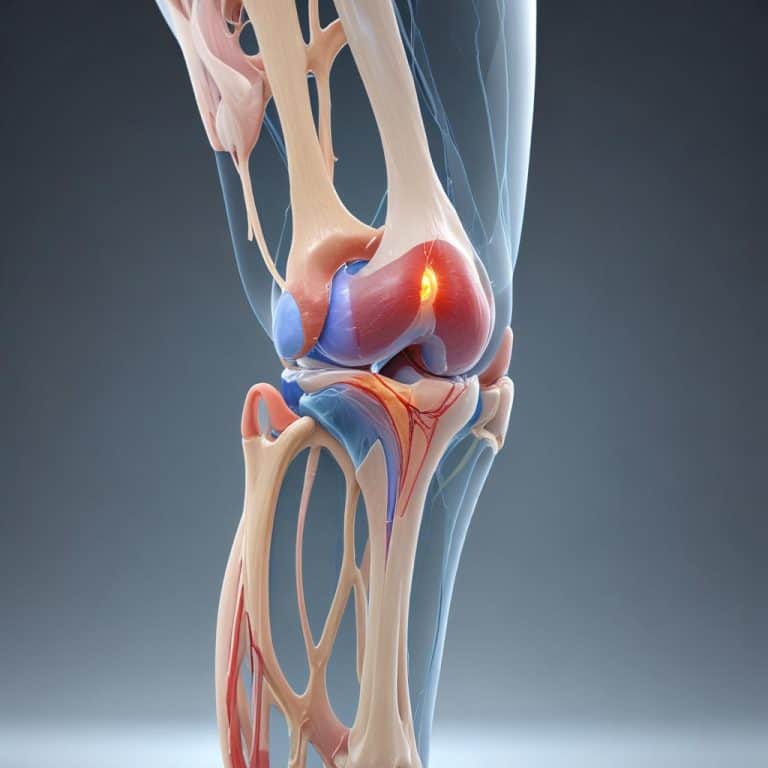Welcome to our online reflexes quiz! Reflexes are automatic responses your body has to stimuli, like touching something hot or catching a ball. They happen quickly without you even thinking about it. In this quiz, you’ll test your knowledge on how reflexes work and why they’re important for keeping you safe and healthy.
You’ll learn about different types of reflexes, like the knee-jerk reflex and the blink reflex. You’ll also discover how reflexes help protect your body from harm and allow you to react quickly to danger.
So get ready to put your reflex knowledge to the test and see how much you know about this amazing system in your body!
Play The Reflexes Quiz
Instructions
- This quiz is multiple choice.
- Read each question carefully before selecting an answer.
- Choose the best answer for each question.
- You will see the missed questions with correct answers at the end of the quiz.
Quick Facts
- Reflexes are automatic responses that our bodies make without us having to think about them.
- Some reflexes, like blinking or sneezing, help protect our bodies from harm.
- Reflexes are controlled by the nervous system, specifically the spinal cord and brain.
- One common reflex is the knee-jerk reflex, where your leg kicks out when a doctor taps your knee with a hammer.
- Other reflexes help us maintain balance, like when we stumble and quickly regain our footing.
- Reflexes can be classified as either innate (present from birth) or acquired (learned through experience).
- Some reflexes, like the gag reflex, help prevent us from choking on food or liquids.
- Reflexes can vary from person to person, with some individuals having faster or stronger reflexes than others.
- Doctors can test a person’s reflexes by using a small hammer to tap certain areas of the body, like the knee or elbow.
- Reflexes are essential for our survival and play a crucial role in our body’s ability to react quickly to potential dangers.
Downloads
Study Tips
- Create a study schedule and stick to it.
- Find a quiet and comfortable study environment.
- Remove distractions such as phones and social media.
- Take breaks every 25-30 minutes to avoid burnout.
- Use active studying techniques like summarizing, highlighting, and teaching concepts to someone else.
- Practice retrieval by testing yourself with flashcards or practice quizzes.
- Stay organized with notes, study guides, and resources.
- Stay hydrated and eat brain-boosting foods like fruits, nuts, and whole grains.
- Get enough sleep to improve memory retention and cognitive function.
- Reward yourself for reaching study goals to stay motivated.
